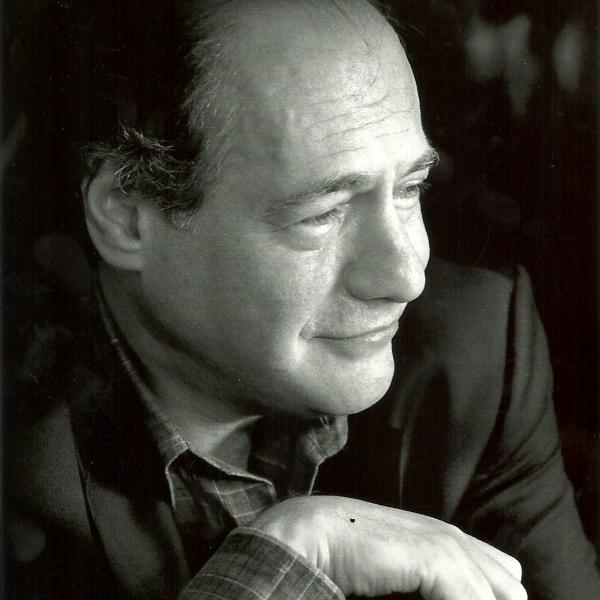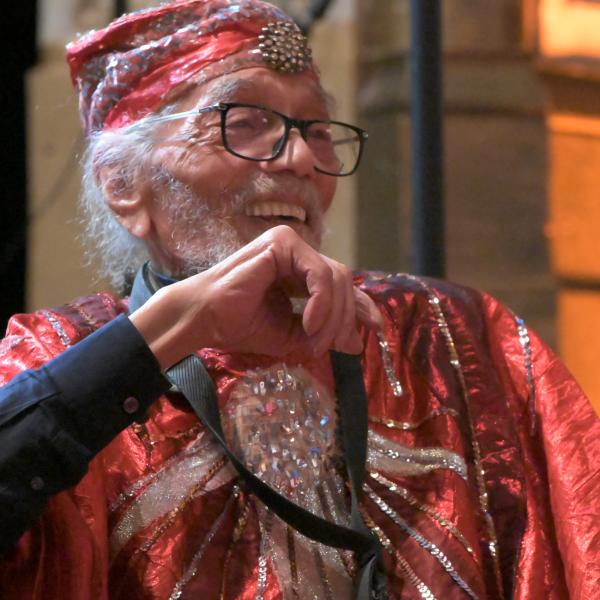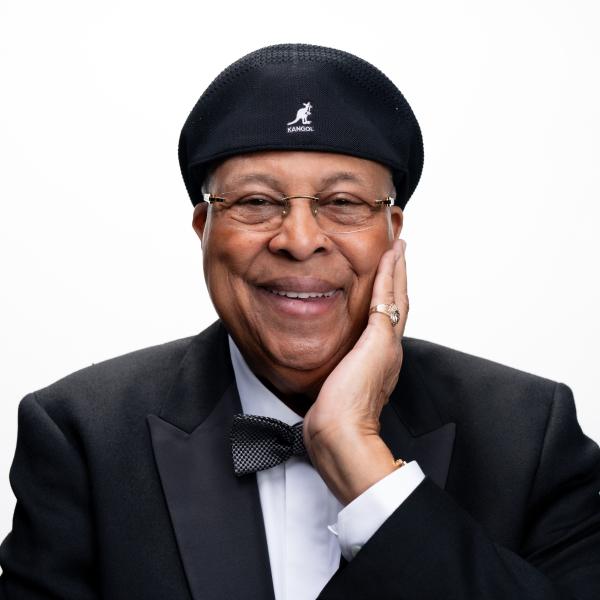NEA Jazz Masters: Tribute to Maria Schneider
“In this increasingly polarized world of social tensions, the antidote to everything that’s gone haywire may be found in jazz—our nation’s own extraordinary art form that has at its heart: listening, presence, communication, collaboration, and self-expression. What a blessing for all of us that the NEA still honors this unique art form that vividly illustrates the magic when we embrace this kind of human interaction. Being asked to represent this heritage among a pantheon of extraordinary people who inspired me to a life of music is a privilege like no other.”
Maria Schneider’s music has been hailed by critics as “evocative,” “majestic,” “heart-stoppingly gorgeous,” and “beyond categorization.” Primarily known for her highly original and provocative big band compositions written over the past three decades, Schneider is unique in having written classical works as well, even stepping into rock through a collaboration with David Bowie. A strong advocate for musicians’ rights, she eschewed working with traditional record labels in 2003 when she became the launching artist on ArtistShare, the first crowdfunding web platform. The resulting album, Concert in the Garden, became the first Grammy-winning album to have internet-only sales, and also broke ground as the first crowdfunded Grammy Award winner.
Schneider’s childhood piano teacher ignited her eclectic love of music when she introduced Schneider to both classical and stride piano and taught her music theory from the start. Schneider received her bachelor’s degree in theory and composition from the University of Minnesota in 1983 and then, focusing specifically on jazz composition, she received her master’s degree from the Eastman School of Music in Rochester, New York, in 1985. Upon graduation, she moved to New York City where she worked with two musical heroes: Gil Evans hired Schneider as a copyist and assistant, and soon enlisted her orchestral assistance on the score for The Color of Money and on his collaborations with Sting. Those same years, Schneider studied with Bob Brookmeyer under a National Endowment for the Arts apprenticeship grant.
Schneider’s unique voice quickly emerged when she started the Maria Schneider Jazz Orchestra in 1992. She and her orchestra appeared weekly at Visiones in New York City’s Greenwich Village from 1993-98, and Schneider still works with many of those same musicians today—longstanding relationships that have brought her to intimately understand each of their individual voices. She credits those personalities for much of the inspiration behind her idiosyncratic compositions.
Schneider’s classical composition, “Winter Morning Walks”—featuring soprano Dawn Upshaw, the Australian Chamber Orchestra, and three jazz musicians from Maria’s own group, and set to the poetry of Pulitzer Prize-winning poet Ted Kooser—brought her a Grammy for Best Contemporary Classical Composition. That Grammy, together with four others, one being for her work with David Bowie, have made her among a select few to receive Grammys in the jazz, classical, and rock genres.
Schneider’s advocacy for musicians' rights propelled her to testify in 2014 before the Congressional Subcommittee on Courts, Intellectual Property and the Internet on digital rights and to participate in roundtables conducted by the U.S. Copyright Office. Outspoken against YouTube and "freemium" streaming models, she has published open letters and white papers on these topics.
The University of Minnesota awarded Schneider an honorary doctorate in 2012. Aside from touring her own orchestra around the globe, she has guest-conducted more than 85 groups in more than 30 countries and has taught at numerous universities worldwide.
Selected Discography
Evanescence, Enja, 1992
Concert in the Garden, ArtistShare, 2004
Sky Blue, ArtistShare, 2007
Winter Morning Walks, ArtistShare, 2012
The Thompson Fields, ArtistShare, 2014




